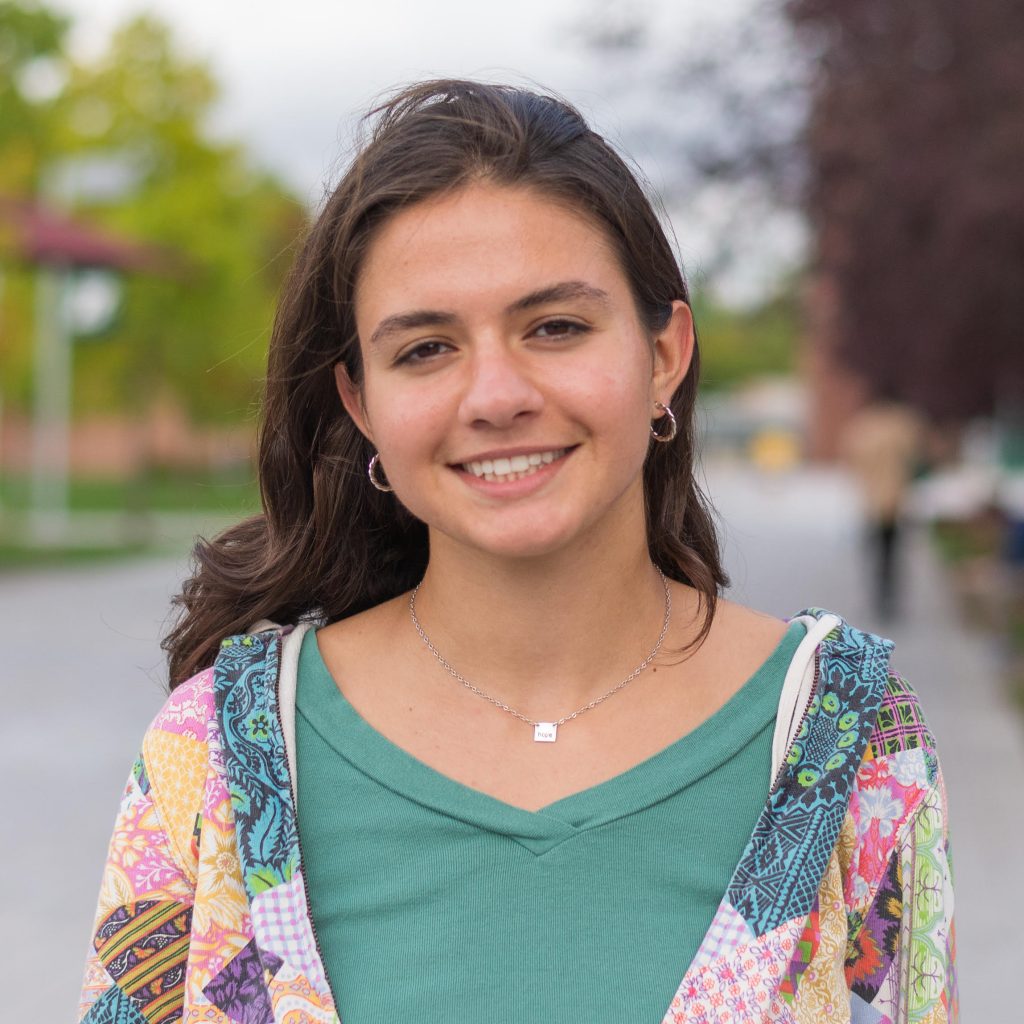
College can feel like an insular world, detached from the surrounding community. In Broome County, there exists a stark divide between students and locals, which manifests in speech by the common use of “townies” or derogatory comments made by students toward local residents. The elitism and arrogance often shown toward local residents are compounded by the fact that Binghamton University is responsible for a lot of issues in the community. One of the most harmful ways in which the University has influenced the community is by fueling Broome County’s housing crisis, which has worsened due to student demand for off-campus housing. This has led to the development of off-campus student housing complexes, rising rent and inadequate housing for families. The University has exacerbated this issue by acquiring over 30 plots of county land since 2015 to expand the school.
As a college student, it can be difficult to navigate our identity in a community many of us only call home for a few years. As a temporary resident, the health of the surrounding area and our impact on it may feel less consequential than that of our home areas. However, it is precisely the temporary nature of many of our stays that should in part motivate us to be respectful, positive community members, acknowledging that our actions and attitudes can have far more lasting effects on the community’s ecosystem.
So, how can students be more mindful community members? First, understanding positionality — how you contribute to, benefit from and can mitigate harm to the local community — is extremely important. If you are interested in getting involved with local organizations or activist efforts, this understanding should motivate meaningful activism rather than self-serving or misdirected activism. This means playing a supportive role in community organizing that is driven by local activists and directly impacts community members or by consulting with community members when spearheading a project that impacts them. Many student organizations and programs that encourage students to log a certain number of “community service” hours without first establishing frameworks for reciprocal community engagement fuel the misconception of one-sided giving, reinforcing preexisting power imbalances rather than encouraging mutual aid. I’ve found that investing time into a select few organizations or issues and forming relationships within those communities is much more productive than spreading your effort thin.
BU and Broome County have an awesome network of organizations addressing local issues like mass incarceration, housing injustice and food insecurity, among others. Being a part of local organizations like Justice and Unity for the Southern Tier, as well as student organizations like the Binghamton Policy Project, has allowed me to gain a deeper understanding of how many of the same issues plaguing my community in New York City manifest here.
Working with local organizations has allowed me to figure out how to engage in community organizing by listening to the needs of those directly impacted by the issues being addressed and using my privilege as a student to mobilize other students, share access to resources and interact with University personnel and local government. It has also forced me to confront the fact that, just by virtue of my status as a University student, I am often a part of the problem. Being a part of progressive student organizations introduces similar challenges to developing frameworks for using student power to support the goals of community members. In my experience, this has involved consulting community members before and during engagement in action and partnering with preexisting campaigns.
My community organizing experience at BU has solidified principles that I will carry with me throughout my interactions with people and prospective legal career. The most important thing is to prioritize the experiences and ideas of those directly impacted by the issues being addressed. I am grateful to have been able to listen to the experiences and knowledge of community organizations and activists. My conversations with incarcerated activists in the Broome County Jail have been the most meaningful learning experience of my life, teaching me a tremendous amount about the destructive nature of our criminal legal system.
Once you begin your college career at BU, you become a resident of Broome County as well. At the very least, you should be a respectful community member in your interactions with local residents, businesses and the surrounding area. If you would like to get involved in activism, consider how you can do so in a way that is beneficial and responds to the needs of the local community. I am still figuring out how to navigate my identity as a student and a community member, but it’s been an incredible learning experience.
Doris Turkel is a senior majoring in philosophy, politics and law.


